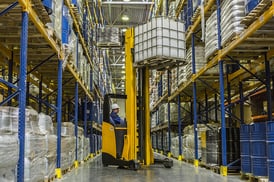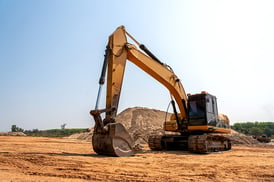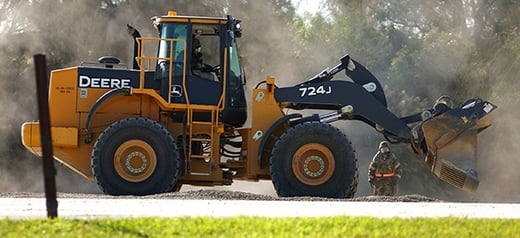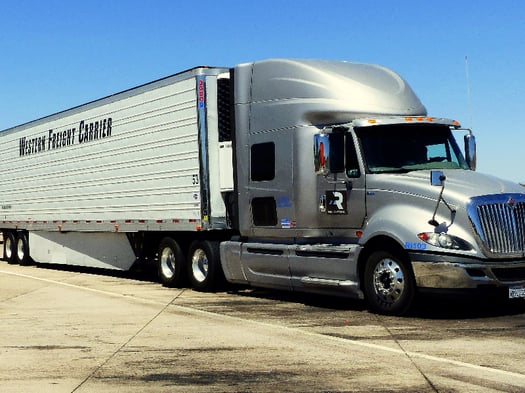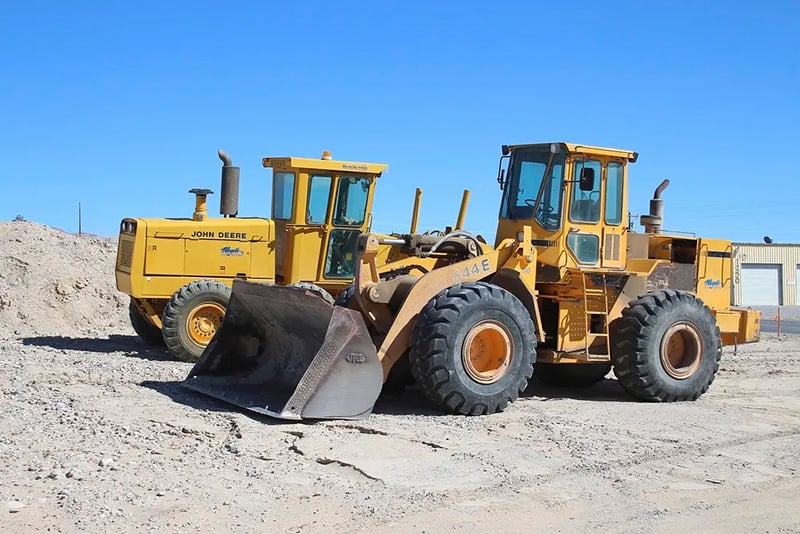
Equipment appraisers are sometimes asked which is the better source for researching used machinery market activity: current listings or public databases which reflect recent historic sales.
The answer is that both sources are very useful, and should be considered wherever possible, to create a balanced perspective when valuing machinery & equipment. Each has its pros and cons which need to be understood in order to reach the most reasonable conclusion when weighing the data. Experienced M&E appraisers know that taking any particular source of information at 100% face value, without the broader context of related data and approaches can lead to poor results.
Here are a few additional insights to consider when reviewing both used equipment listings and sales databases:
Equipment Listings for Sale
When appraisers are able to locate a significant amount of available listings for the assets they are researching, it may seem only logical that this would be the best source of information, given it is coming directly from an active secondary market. That may be true up to a point, however, you need to qualify these listings and consider only those that come from valid resellers, and are not priced out of any reasonable range of value. Even when you narrow these down in this way, you should also consider discounting the listing price to reflect what would typically be realized with a final sale. It is common practice for used equipment dealers to price their machines over fair market value, to allow room for negotiating.
Other things to consider would be location; how long the machine has been for sale; how many similar items are available; if it is refurbished and being sold with a new short-term warranty.
Machinery Sales Databases
Historic sales databases can be found either through annual subscription providers or in the public domain and can include both dealer and auction-level activity. The key thing to keep in mind with this information is that it can be based on very small samples or, on the flip side, consider too broad of a market, which in both cases can skew the results.
Some of these databases can be a good source to confirm the new cost, year, make, and model of the assets being appraised, as well as capacity specifications. Certain databases also attempt to create estimated values for the machinery over time, which is useful when forecasting future values with used equipment. That said, it is prudent to consider if the data makes sense in the context of the other sources you are researching and relying on.
In summary, both of these types of market data should be researched and considered when available to an appraiser. They should always use their judgment based on the reliability of the information, in the broader context of their experience and overall approach, to reach a reasonable conclusion of value when completing a machinery & equipment appraisal.


